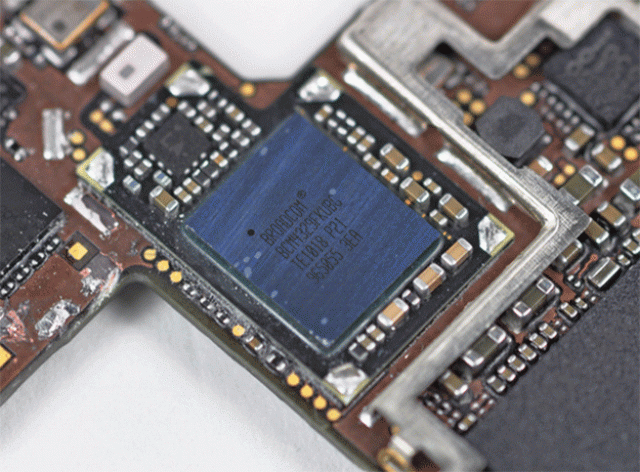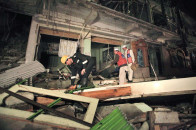No way out: Punjab to tag troublemakers with GPS chips
As part of NAP against terrorism, the provincial government decides to introduce the satellite-based tracking system

Some high-profile individuals having links with banned outfits and sectarian organisations in Punjab will soon be tagged with GPS devices to monitor their movement.
As part of National Action Plan (NAP) against terrorism, the provincial government has decided to introduce the satellite-based tracking system for effective monitoring of the troublemakers listed in the “fourth schedule”, sources told The Express Tribune.
Moreover, biometric identification machines will be installed at the all exit and entry points and check posts at all districts for quick verification of any outlaw or suspicious people from the records of the National Database and Registration Authority (Nadra), they said.
Punjab Home Minister Shujah Khanzada said both the systems would be launched under the supervision of Punjab Institute of Technology within the next two weeks. The government has already provided Rs5 billion for the project, he added.
Published in The Express Tribune, March 14th, 2015.



















COMMENTS
Comments are moderated and generally will be posted if they are on-topic and not abusive.
For more information, please see our Comments FAQ